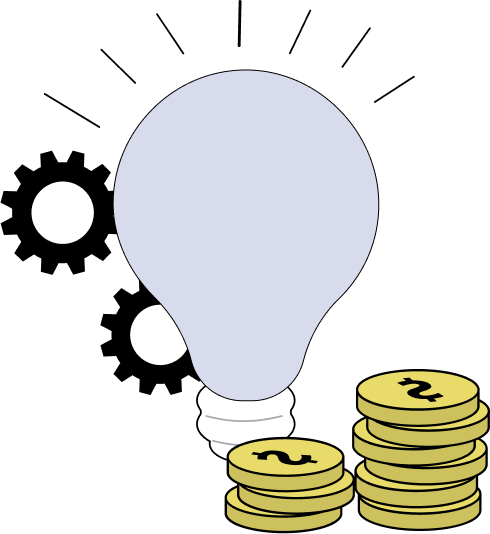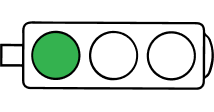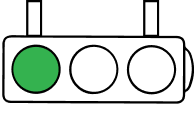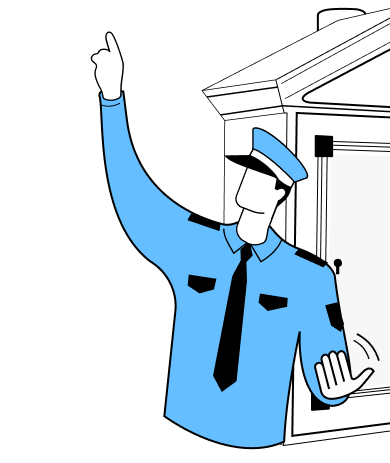Fritos
I graduated from college many years ago, 30 to be exact. I was one of the fortunate few who knew exactly what I wanted to do for a career. In fact, I knew from the time that I was in middle school that I wanted to work in banking.
Upon graduation, I began the interview process. There was one interview, more so than any of the others, that I was particularly excited about and that was because it was with one of the largest banks in Chicago at the time. They brought me in to interview for one of their management training positions and their program was considered one of, if not the best of its kind in the area.
The interview process was pretty rigorous, and it included multiple meetings with several different people. This was understandable because the bank wanted to be absolutely certain that they hired the right people since they were going to be investing a few years of time, money, and resources into individuals who they were going to train to learn every aspect of the business and to eventually be managers and leaders of the bank.
The last round of the interview process was a full day of meetings with a variety of people at the bank who had completed that very same training program. I made it that far and then anxiously waited to hear from the Human Resources Manager. A few days later, he called me to let me know that I had not been chosen for the program. I was devastated.
I kept replaying the entire process over and over, especially the meetings on the last day. I just couldn’t figure out what I had done wrong or where I had fallen short. After about a week of torment, I called the Human Resources Manager backed and asked him if he wouldn’t mind sharing any more details with me so that I could use the information to be better prepared for interviews elsewhere and ensure that I would learn from the experience.
He told me that it had been a very difficult decision, but that it had ultimately come down to the answer I gave to one question out of the hundreds that I had been asked on that last day. One of the interviewers had asked me if I could sell. My answer was that if it was a product or service or cause that I really believed in, I could sell, but if it came to selling something like Fritos, I didn’t think I would be very good at it. (Short disclaimer: I like Fritos and did at that time as well. I remember giving that answer, but have no idea why I randomly selected Fritos.)
For a long time afterward, probably for years, I thought about that call. For a good part of that time, my thoughts centered on how unfair that outcome was. I had put everything I could into that process. I was fully prepared and left nothing to chance. At that time in my life, that job was all I really wanted, and I fell short because I said I didn’t think I could sell Fritos only after stating that I was confident I could sell something I believed in. For that statement to be the reason I didn’t get my dream job seemed unjust and unreasonable.
I don’t remember how long it took me to get over my disappointment, but I remember exactly what it was that helped get me over it. Not too long after I learned that I did not get the job with the bank, I did get a job with a Commercial Finance company. It was a great opportunity that led to many more great opportunities and it ended up being exactly the type of company and environment that I needed to get started and advance my career, but that isn’t what helped me get over the disappointment I had felt.
I finally got over it when I realized that the bank was right not to hire me for that training program. After I started to develop my skills and pursue my career, I realized that I was not a salesman. I understand sales and I very much appreciate its role in how business is done, but I cannot sell, and it does not matter how much I believe in the product or service that I am presenting. Selling is just not part of my skillset and I am okay with that because I eventually figured out who I am and who I am not.
The past participant of the bank’s training program who interviewed me that day and asked me the question about sales knew that I needed to be a strong salesperson if I was going to be successful in that program and he knew I wouldn’t be before I even knew it based on the answer I gave him.
I didn’t know he was right until I understood who I was, not just who I wanted to be.
That bank did me a tremendous favor by not hiring me. While I undoubtedly would have still gained tremendous knowledge, and had the opportunity to be part of a top-notch team, it would have been a costly lesson for me if I had somehow still gotten that job only to realize that I was not a fit and that I was going to have to start over someplace else.
Success in any career you pursue will largely depend on your own ability to identify your strong suits and highlight them repeatedly. Your success will also rely on your ability to identify your weaknesses, accept them, and find ways to work around them or collaborate with others who have the skills that you lack.
Trying to be who you think you want to be is okay when you are young and just starting out. The process can be a great learning experience if you are paying attention and building from what you learn. At some point, however, it is much more valuable to figure out who you really are.
Being you and continually trying to be a better you will ensure that you progress and move forward through your life and career.
Scott Arney
Chief Executive Officer
Chicago Patrolmen’s Federal Credit Union






